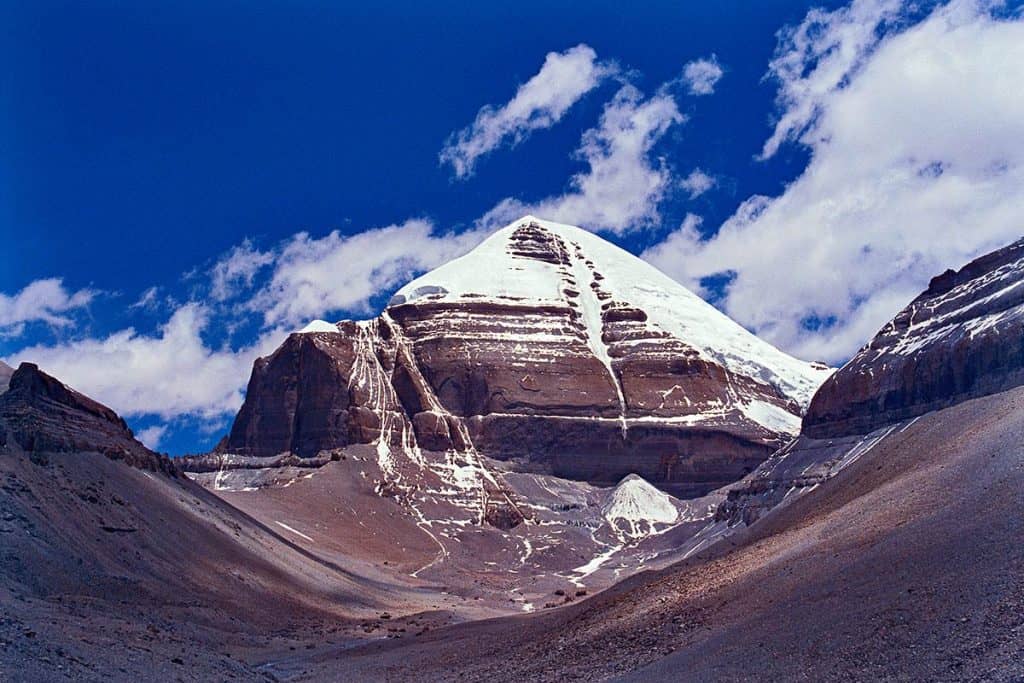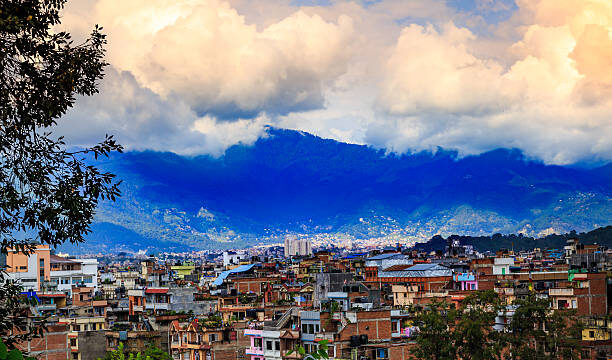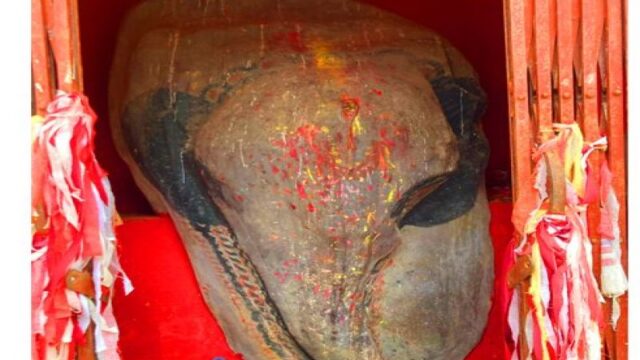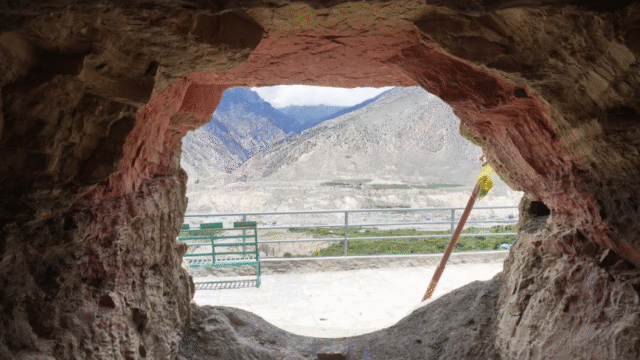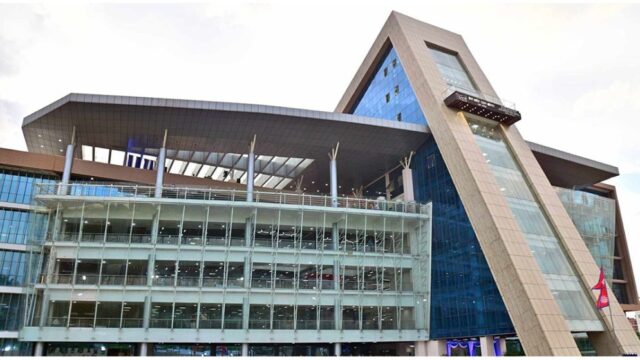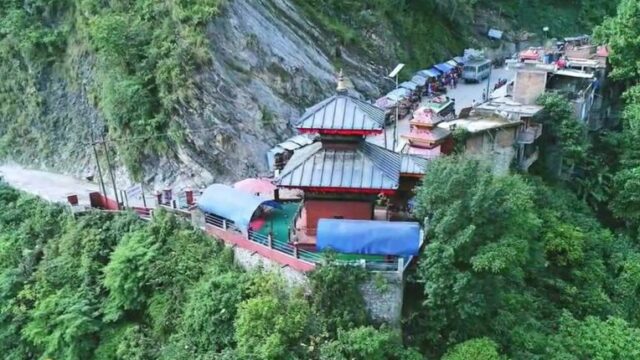China has recently denied visas to Indian pilgrims intending to undertake the sacred Kailash Mansarovar Yatra, sparking controversy among religious tourists. Despite Nepal allowing road construction in its territory for Indian access to Kailash, which has been halted since the onset of the COVID-19 pandemic, the Chinese authorities have refrained from issuing visas to Indian and Sri Lankan tourists for the past five years, as reported by Tenjin Norbu Lama, President of the Association of Kailash Tour Operators.
Lama clarified that while visas have been granted to tourists from other countries, Chinese authorities have not extended the same courtesy to Indian and Sri Lankan pilgrims, leading to a significant decline in their numbers compared to 2019. He highlighted a growing interest among Nepali and foreign tourists in making the pilgrimage despite the obstacles faced by Indian and Sri Lankan nationals.
According to Sherpa, approximately 50% of tourists planning the Kailash Mansarovar Yatra this year hail from India. If China were to open its doors to Indian tourists, the impact on Nepali businesses, especially in the hospitality sector, would be considerable, encouraging further growth in the tourism industry.
The spiritual journey to Kailash Mansarovar often referred to as the “center of the universe” and believed to be the residence of Lord Shiva and Parbati, holds immense religious significance for pilgrims worldwide. Despite challenges in visa issuance, the pilgrimage remains a sought-after experience for thousands of devotees annually, facilitated by routes from Kathmandu to Lhasa, Kathmandu to Hilsa, Kathmandu to Kerung, and Kathmandu to Tatopani.
As the pilgrimage season continues until September, stakeholders in Nepal’s tourism sector remain hopeful for a resolution that includes granting Indian pilgrims access to Kailash Mansarovar, ensuring spiritual fulfillment and economic benefits for the region.
